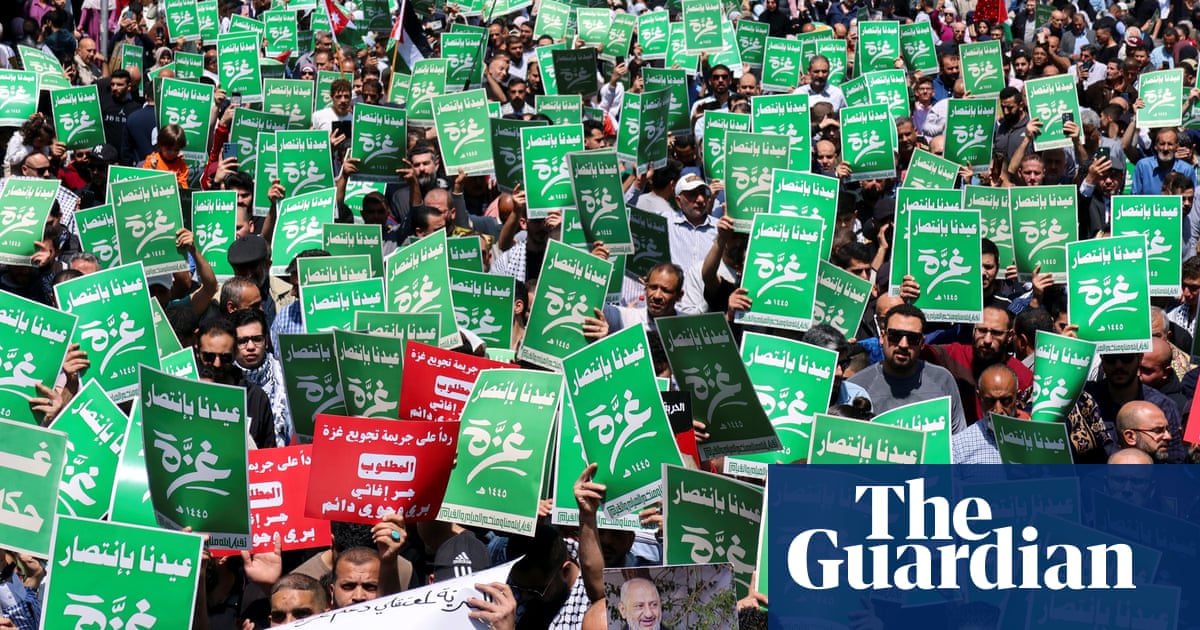
CAPE TOWN (Reuters) - South Africa could spend up to 19.3 billion rand ($1.33 billion) over the next three years to vaccinate most of its population, the Treasury said on Wednesday, in a “difficult balancing act” meant to contain COVID-19 while avoiding a debt spiral.
The fiscal position of South Africa, which is the African country hardest hit by the pandemic, was already weak before the coronavirus crisis and has deteriorated sharply over the past year, according to the 2021 budget presented to parliament.
The deficit is forecast to more than double to 14% of gross domestic product (GDP) in the 2020/21 fiscal year, from 5.7% in the previous year.
The Treasury said a mass vaccination programme would help spur GDP growth to 3.3% this year following a severe contraction of 7.2% in 2020.
“This year we face an exceptionally difficult balancing act,” the Treasury said.
“On one side is a raging pandemic ... on the other side is a weak economy, with massive unemployment, that is burdened by ailing state-owned companies, the highest budget deficit in our history and rapidly growing public debt.”
The rand scaled a 13-month peak and bonds rallied after the budget was announced.
The Treasury lowered its gross debt estimate over the medium term, but it remains relatively high - projected at 87.3% of GDP by 2023/24, compared with an estimated 92.9% in October.
“Certainly, compared to last October, we are in a better place. But our assessment ... still stands: our public finances are dangerously overstretched,” Finance Minister Tito Mboweni told lawmakers.
Africa’s most advanced economy is battling a more infectious variant of the coronavirus but has lagged wealthier nations in launching its immunisation campaign.
It is now planning to step up vaccinations after administering the first doses of Johnson & Johnson’s shot last week.
The government plans to vaccinate 40 million people, or two-thirds of the population.
The budget allocates 1.3 billion rand for vaccine purchases in the current fiscal year, which ends next month, while 9 billion rand is earmarked for the roll-out over the medium term.
“Given the uncertainty around final costs, an estimated 9 billion rand could be drawn on from the contingency reserve and emergency allocations, bringing total potential funding for the vaccination programme to about 19.3 billion rand,” the Treasury said.
WAGE BILL RISK
To support the economy, the Treasury did not pencil in any additional tax revenue over the medium term, withdrawing previously proposed tax measures of 40 billion rand.
Mboweni said the corporate income tax rate will be trimmed to 27% on or after April 1, 2022, from 28% currently.
The Treasury also forecast a reduction in local currency bond issuance, as it uses more of its existing cash balances.
To raise revenue, fuel levies will increase by 27 cents per litre, while an 8% rise in the excise duties on alcohol and tobacco products would be implemented.
The Treasury said efforts to cut the public service wage bill remained on course.
Freezing civil servants’ salaries has put the government on a collision course with public sector unions, which challenged in court the government’s failure to pay increases in April as agreed in a 2018 wage deal. The Labour Appeal Court in December ruled in favour of the government.
The Public Servants Association said last month it challenge the ruling in the constitutional court.
“The biggest risk remains the wage bill, which should still be negotiated. This is where we are less hopeful,” said Deutsche Bank’s Danelee Masia.
Mboweni said the government was working to achieve a fair public-sector compensation when negotiations with unions over a new multi-year wage settlement begin later this year.
Adding to spending pressure, the budget allocated 31.7 billion rand to struggling power utility Eskom for 2021/2022 while Land Bank, which supports farmers, was allocated 5 billion rand in 2021/22 and 1 billion rand in each of the two subsequent years.












